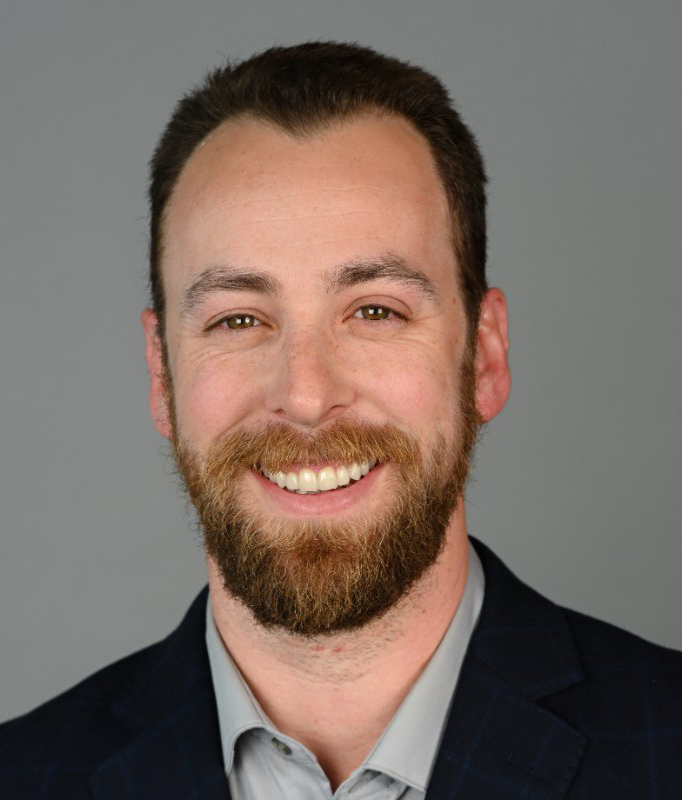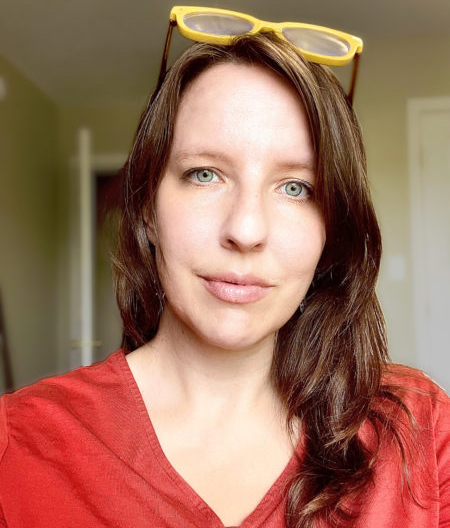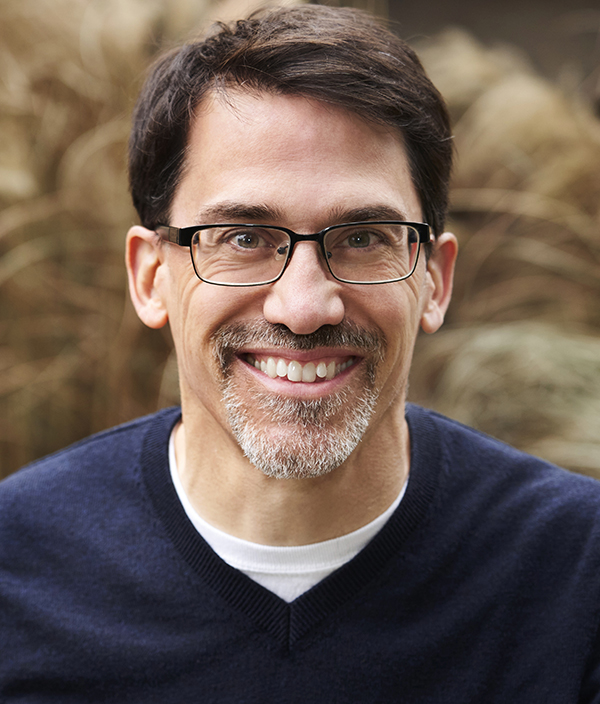← Back to Spring 2024 Newsletter Contents
2024 Q&As
Patrick Stange (PhD, 2022) talks about his work in "predictive anthropology," helping organizations understand the cultural problems that face innovation, new products and new services.
"The high analytical and writing standards of a PhD, the academic rigour, makes the transition to the business world straightforward, as the level you bring exceeds expectations."
Annie Heckman (PhD, 2023) studied monastic law in Tibetan Buddhism and is now a translator on a project devoted to translating the entire Tibetan Buddhist canon.
"There is a lot of effort applied to making our translations useful for scholars. It's a wonderful challenge for a translator. Are legibility and accuracy at opposite ends of a spectrum? Can we be accurate and clear at the same time?"
Brian Carwana (PhD, 2021) is the Executive Director of Encounter World Religions, developing programming to promote religious literacy.
"Initially, I thought I was studying religion and then over time I realized I was actually studying people. You’re asking questions about what is socially constructed and what is more than that. Questions like who are we? How do we function, make decisions?"
Previous Profiles
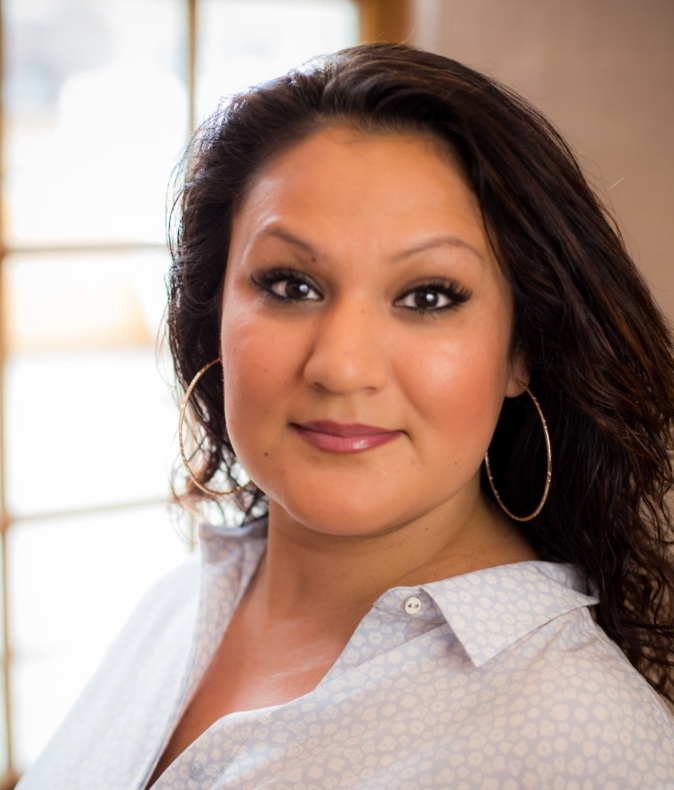 Audrey Rochette (BA, 2020) talks about her work decolonizing spaces and dispelling stereotypes through her professional platforms. “I encourage students to take courses. Unpack your own understanding of Indigenous peoples and their continued resistance, resilience and commitment to challenging the misrepresentation of historical and contemporary narratives.”
Audrey Rochette (BA, 2020) talks about her work decolonizing spaces and dispelling stereotypes through her professional platforms. “I encourage students to take courses. Unpack your own understanding of Indigenous peoples and their continued resistance, resilience and commitment to challenging the misrepresentation of historical and contemporary narratives.”
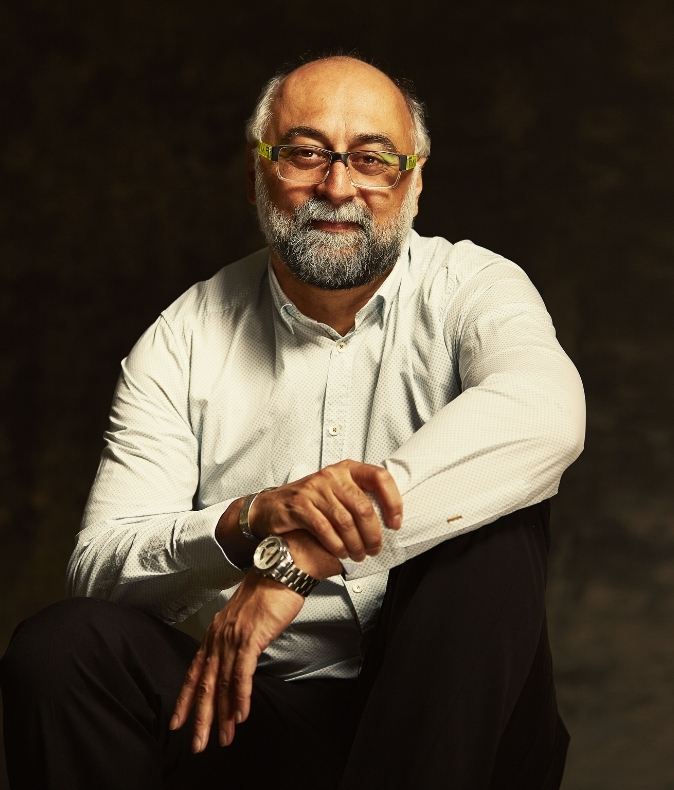 Amir Hussain (PhD, 2001) discusses his approach to teaching religion studies. “You try to be relevant and understand what they’re into. I ask them what they’re listening to, and they tell me ‘I like old school rock and roll, like Nirvana and Pearl Jam’, and I’m like, ‘that’s old school to you?’”
Amir Hussain (PhD, 2001) discusses his approach to teaching religion studies. “You try to be relevant and understand what they’re into. I ask them what they’re listening to, and they tell me ‘I like old school rock and roll, like Nirvana and Pearl Jam’, and I’m like, ‘that’s old school to you?’”
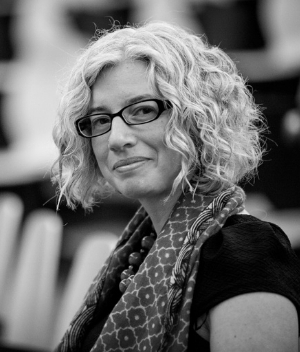 Shari Golberg (PhD, 2013) talks about the work she does, building bridges. "The idea was to take two communities who were often regarded as being at odds with one another and to provide an opportunity to examine the shared history, shared narrative, shared language, shared practices, shared experience of being marginalized, and of violence at different points of history."
Shari Golberg (PhD, 2013) talks about the work she does, building bridges. "The idea was to take two communities who were often regarded as being at odds with one another and to provide an opportunity to examine the shared history, shared narrative, shared language, shared practices, shared experience of being marginalized, and of violence at different points of history."



